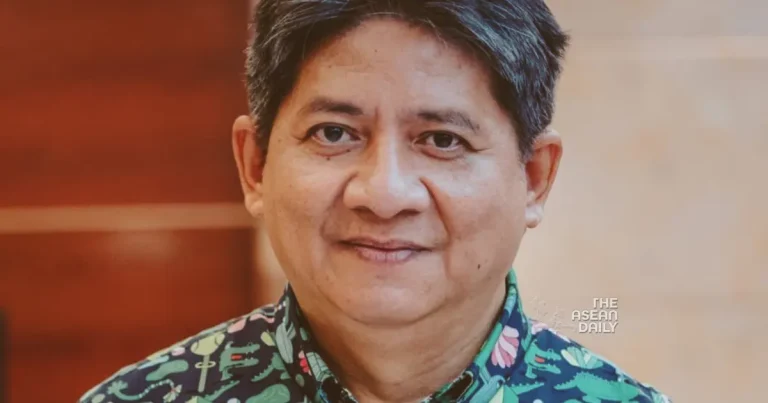17-5-2024 (MANILA) Presidential Adviser on Poverty Larry Gadon asserted that poverty in the Philippines is merely a matter of “haka-haka” or imagination for some individuals, citing the Marcos administration’s recent strides in poverty alleviation. Gadon’s comments have sparked a heated debate, as they stand in stark contrast to the nation’s official poverty statistics.
“I hope our countrymen will continue to support the Marcos administration, because in truth, those who say that life is very difficult are only imagining that,” Gadon declared during a televised interview, dismissing concerns about the country’s economic hardships.
Gadon’s optimistic assessment was bolstered by his observations of bustling malls, crowded fast-food restaurants, and congested roads teeming with new cars, which he interpreted as indicators of a thriving economy and robust purchasing power among Filipinos.
“Go to the malls, they are very crowded, which means people have high purchasing power. Even in the provinces, fastfood chains like Jollibee and McDonald’s are packed, which means the purchasing power of Filipinos is high. You go out on the road, and there are so many new cars, so much traffic, what does that mean? A lot of people can buy cars, a lot of people can buy vehicles – that means the economy is good,” he asserted.
Gadon further urged the public to disregard critics of the administration, labeling them as those who have long sought to malign the government. “So, those who say that the administration is not doing well, they are the ones who are out to malign the government, so don’t believe them. The administration of President Bongbong Marcos is doing very good, and the path we are taking to improve the future of our country and the future of our future generations is very good,” he proclaimed.
However, in a seemingly contradictory statement during the same interview, Gadon acknowledged that the poverty incidence in the Philippines currently stands at 23.4 percent, down from the previous 24.7 percent.
“The poverty incidence has dropped significantly because last year we still had 24.7 percent of the poverty rate; this year, this present data or current data, it decreased by 23.4 – so it decreased by 1.3 percent from the previous data, and this is translated into around 11 million families,” Gadon explained during the televised briefing.
Gadon attributed this reduction in poverty to the Marcos administration’s easing of pandemic restrictions, which he claimed has facilitated a significant economic rebound, as evidenced by the country’s 5.7 percent growth, the highest in Southeast Asia.




